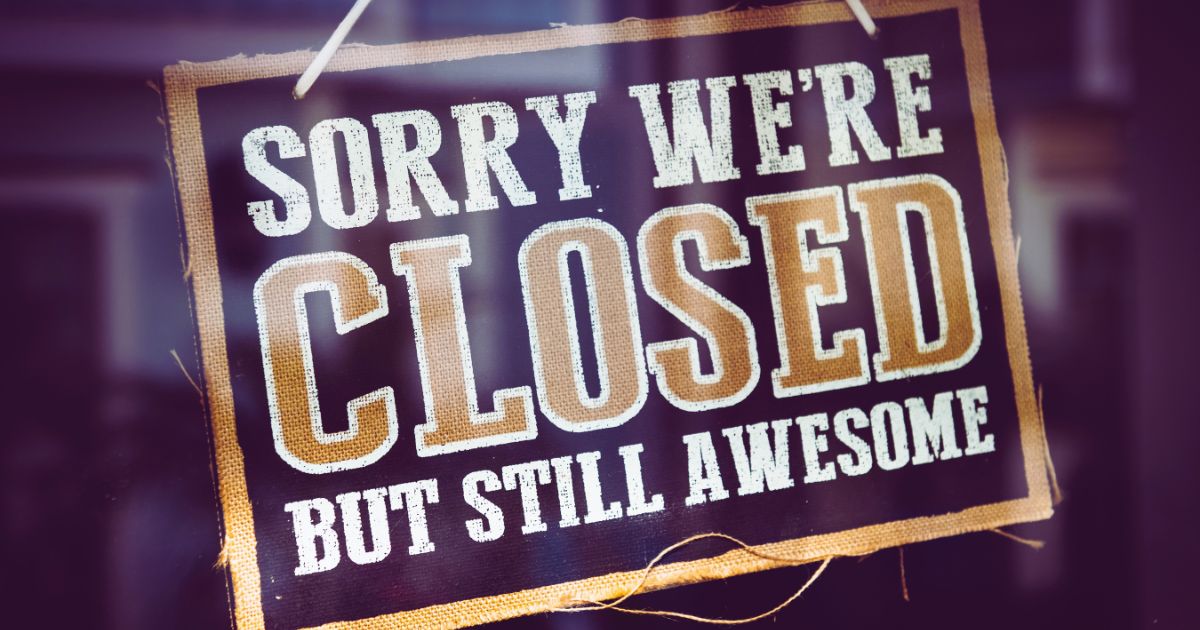 Thinking global was something fire detection startup Lumkani did from the very beginning.
Thinking global was something fire detection startup Lumkani did from the very beginning.
Despite solving a very South African problem of shack fires, the company has gone to do very well in international startup competitions.
The 3-year-old startup is a collaboration between David Gluckman and Francios Petousis and provides early warning fire detection systems for informal settlements, has already won several awards, including a People’s Choice Award at the Global Social Venture Competition in Berkeley, California in 2014.
In March last year they won the South African leg of Chivas Regal’s The Venture social entrepreneurship competition and got the opportunity to represent the country at the global finals in Silicon Valley.
Lumkani made it to the final stage and was named as one of the top five overall winners, walking away with a share of $1 million along with Chilean startup pioneering vending machines and food distribution networks, Algramo; Chipsafer, a livestock tracking device developer from Uruguay; Japanese startup SenSprout who have developed a wireless field-monitoring system for farmers; and Diseclar from Colombia, a startup turning waste materials into furniture.
“We must not fall into the trap of building things that no one wants or needs – a prominent trend in Western tech startups”
Lumkani co-founder, Gluckman, lets us in on why preparing for international competition is not so different from preparing for funding, and what he thinks gives South African startups the edge
Before you compete – do this
You need to know your business, your customer, your strengths, weaknesses, opportunities, and threats. You need to know the past, your plans, your operations, finance and your scalability, long-term vision and the road to get there – and what needs to be put in place in order to achieve the goals set out by the organisation. This is what is required.
Preparing for an international competition is a lot like preparing for funding
You prepare for this in much the same way. You need to know your story inside out and what you don’t know you need to have a plan to learn very quickly.
Looking for VC will, of course, be more about the numbers and the profitability and pinpoint exactly how much money you need to take your business to the next level so the VC can eventually “exit” in one way or another.
Focusing on the customer gave us the competitive edge
We focused completely on our customer, from design, development and sale. We continue to do that each day by verifying our assumptions as we move our business to the next frontier.
Any good business has a keen interest in their client – that is obvious – but unless you are designing your solutions with the customer at the core of your business – knowing as much as possible about them is critical.
How SA startups compare globally
SA startups are really on the up. We tend to be very ambitious and hungry and ask the right questions and we are really doing well to build solutions.
This coupled with a variety of challenges and gaps in our markets which present very exciting opportunities to SA entrepreneurs. We must not fall into the trap of building things that no one wants or needs – a prominent trend in Western tech startups.
Since the angel investing and VC market in SA is limited I think we do very well while bootstrapping. Also, SA is still a fairly inexpensive place to do business when compared with other African countries and, of course, Europe and US. I think South Africans are really practical and we can make our resources stretch – these are good traits for startup businesses.
Unlocking the international market
We have unlocked a few clients in the West and Asia in applications we were not expecting – so that is exciting, while the theme of safety and security in informal settlements globally is attracting much attention from big players which we are very excited about. We continue to demonstrate value in SA which are invaluable lessons for global scale.
We gained perspective of the business
It has in the sense that you really start seeing what are the critical links in the business that need to be proved or disproved quickly. Time away from daily operations while scrutinizing your business allows you the space to see the wood for the trees and channel your efforts into the make or break zone.
No one tells you that competing will take up a big chunk of your time
It is a long process which requires quite an investment of time. For the Venture you need to roll out a crowd-funding campaign on Indiegogo, prepare plenty of material, run your numbers, build your presentation, attend to media and be available for the content that needs to be created as well as the final event. All the while ensuring that your business is growing – ensure you have an excellent team.






